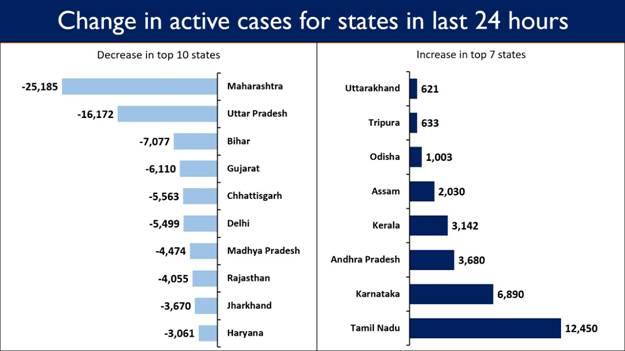As the New Year approaches, researchers are urging people to add one more item to their list of resolutions: getting enough sleep. A recent study conducted by researchers from the University of South Carolina, CQUniversity Australia, and the University of Surrey, and published in the Journal of Sleep Research, reveals a significant link between sleepiness and the success of New Year’s resolutions.
The study found that sleepiness increases reliance on habitual behaviors—both good and bad. According to Amanda Rebar, associate professor of health promotion education and behavior at the University of South Carolina, “When our ability to control what we do is depleted by sleepiness, we tend to act more on ‘autopilot,’ with minimal forethought. Our study shows this definitively: people were more likely to act habitually when they reported feeling sleepy. While this can result in higher levels of good habits, it can also lead individuals to fall back on bad habits.”
Sleepiness and Habitual Behavior
The researchers tracked more than 100 individuals over a week, analyzing their sleepiness levels and habitual behaviors. They found that while sleepiness levels varied among participants, individuals were more likely to act habitually during periods when they felt sleepier than usual. This tendency to rely on habits, whether beneficial or harmful, underscores the impact of sleepiness on decision-making and behavior.
Nearly one in four Americans experience high levels of daytime sleepiness, a state that impairs alertness and increases the likelihood of dozing off during waking hours. Beyond the discomfort, this condition significantly affects an individual’s ability to regulate behaviors consciously.
“Acting in line with our preferences requires willful determination,” Rebar explains. “Feeling sleepy diminishes our ability to exert that determination over other competing desires and temptations. That can lead us to act habitually, in a way that goes against our goals.”
The Risks to Resolutions
Competing desires such as watching TV instead of exercising or indulging in comfort foods over healthier options can derail New Year’s resolutions. Co-author Benjamin Gardner, director of the Habit Application and Theory group at the University of Surrey, warns, “When we’re trying to make positive changes to our behavior, feeling drowsy can put us at real risk of lapsing back into our old, unwanted bad habits. Lapsing can cause us to lose confidence in our ability to change and make us give up.”
Sleep: A Resolution Worth Making
The study’s findings highlight the importance of adequate sleep in fostering new habits and maintaining the willpower to resist old ones. Researchers recommend prioritizing sleep as a foundational step in achieving other resolutions. Once new habits become established, they are more likely to persist even during periods of sleepiness.
For anyone aiming to stick to their goals in the New Year, this research serves as a wake-up call: the path to success may start with a good night’s sleep.
Reference Theresa McLaurin et al, Do people rely more on habits when sleepy? An ecological momentary assessment study, Journal of Sleep Research (2024). DOI: 10.1111/jsr.14421












